Explained: why is there so much stoppage time at the Fifa World Cup?
Some opening group fixtures in Qatar have exceeded 100 minutes
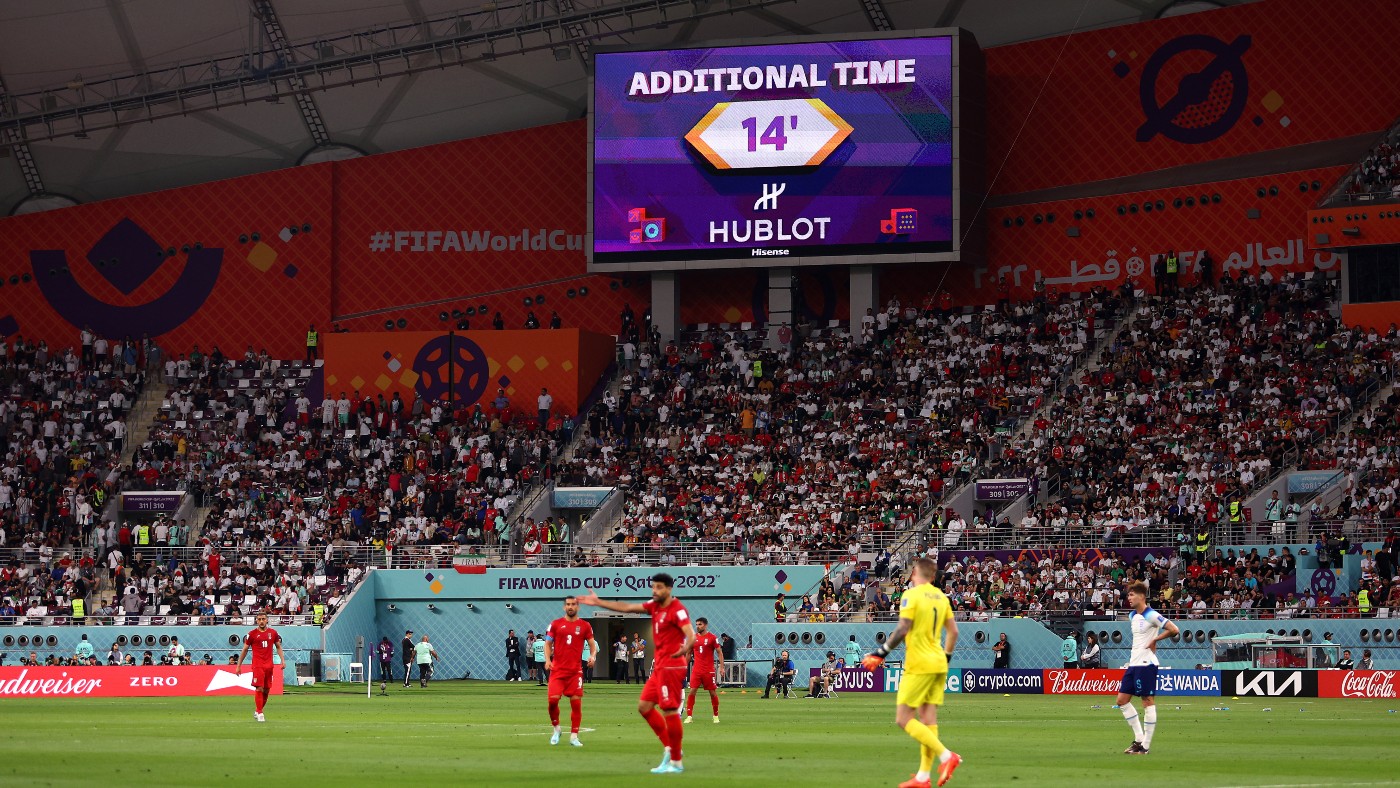
A free daily email with the biggest news stories of the day – and the best features from TheWeek.com
You are now subscribed
Your newsletter sign-up was successful
It’s been a Fifa World Cup of many firsts in Qatar. The first to be held in the Middle East, first to take place out of season in the northern hemisphere’s winter months, and first to have five permitted substitutions allowed instead of the previous three.
There’s also another new “theme” that is “developing” in the early games of this World Cup, said Tom Mallows on BBC Sport. “Stoppage time – and lots of it.”
When England took on Iran in group B on Monday, there were an “astonishing” 27 extra minutes played across both halves, this was partly because of VAR delays and an injury to Iran keeper Alireza Beiranvand, said Will Pickworth in the Daily Mail. This meant the game lasted “117 minutes in total”, with 14 minutes added to the end of the first-half and 13 minutes to the second-half.
The Week
Escape your echo chamber. Get the facts behind the news, plus analysis from multiple perspectives.

Sign up for The Week's Free Newsletters
From our morning news briefing to a weekly Good News Newsletter, get the best of The Week delivered directly to your inbox.
From our morning news briefing to a weekly Good News Newsletter, get the best of The Week delivered directly to your inbox.
Match lengths at Qatar 2022 “consistently stretch beyond 100 minutes”, said Tom Coley on Football.London. “This is something fans should get used to.”
Records broken
According to data by Opta, the four single halves with the most stoppage time on record in a single World Cup since 1966 all came in the matches on Monday and Tuesday. And “unsurprisingly”, all that added time “led to some very late goals”, Mallows said on the BBC.
- England vs. Iran first half: 13.59 minutes
- Argentina vs. Saudi Arabia second half: 13.53
- England vs. Iran second half: 13.05
- USA vs. Wales second half: 10.32
- Senegal vs. Netherlands second half: 10.03
‘Perennial pet peeve’
So, why has there been so much added time already played at the 2022 Fifa World Cup, Eurosport asked. Last week former referee, Pierluigi Collina, warned that fans “should expect these sorts of situations” in Qatar.
Collina, who is the chairman of Fifa’s referees committee, explained that work has been done to address a “perennial pet peeve”: time-wasting and injury time at the end of games, ESPN said. Speaking to the broadcaster, the Italian made “a distinction” between things like goal celebrations and intentional time-wasting and delays which are “an organic part of the game” – like the ball going out of play or dead-ball/set-piece situations.
A free daily email with the biggest news stories of the day – and the best features from TheWeek.com
At the World Cup in Russia four years ago, “we tried to be more accurate” in compensating for time lost during games and “that’s why you saw six, seven or even eight minutes added on”, he said. “Think about it: if you have three goals in a half, you’ll probably lose four or five minutes in total to celebrations and the restart. We told everybody don’t be surprised if they see the fourth official raising the electronic board with a big number on it, six, seven or eight minutes.”
It’s the fourth officials’ job to calculate the time to be added on for time lost during the game, ESPN reported. And one of the VAR team members will “keep track of time” lost to video reviews. “Even at the time I was a referee, the info [on added time] came from the fourth official,” Collina added. “You are too focused on what’s going on that it’s possible not to consider something. It’s the fourth official who usually proposes the amount of added time and the referee tends to decide… and decides.”
On average the ball is active for “approximately 60 minutes”, with recent Premier League matches “stooping as low” as 54, Coley said on Football.London. “Given fans pay large amounts of money to get to and watch matches, the response has been to increase the time that the real action can take place.”
Mike Starling is the former digital features editor at The Week. He started his career in 2001 in Gloucestershire as a sports reporter and sub-editor and has held various roles as a writer and editor at news, travel and B2B publications. He has spoken at a number of sports business conferences and also worked as a consultant creating sports travel content for tourism boards. International experience includes spells living and working in Dubai, UAE; Brisbane, Australia; and Beirut, Lebanon.
-
 What to know before filing your own taxes for the first time
What to know before filing your own taxes for the first timethe explainer Tackle this financial milestone with confidence
-
 The biggest box office flops of the 21st century
The biggest box office flops of the 21st centuryin depth Unnecessary remakes and turgid, expensive CGI-fests highlight this list of these most notorious box-office losers
-
 What are the best investments for beginners?
What are the best investments for beginners?The Explainer Stocks and ETFs and bonds, oh my
-
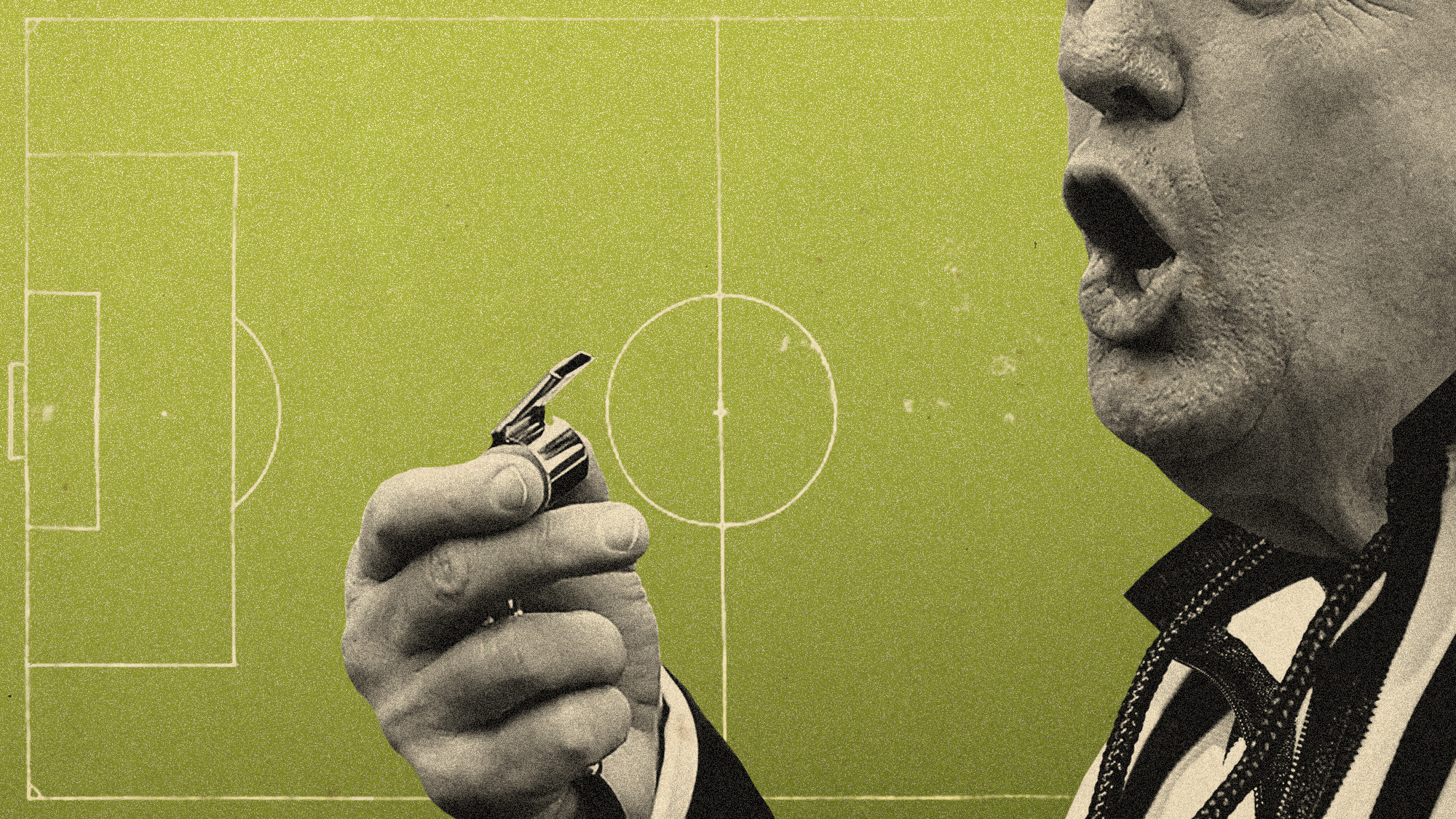 Will 2026 be the Trump World Cup?
Will 2026 be the Trump World Cup?In the Spotlight US president already using the world’s most popular football tournament to score political points
-
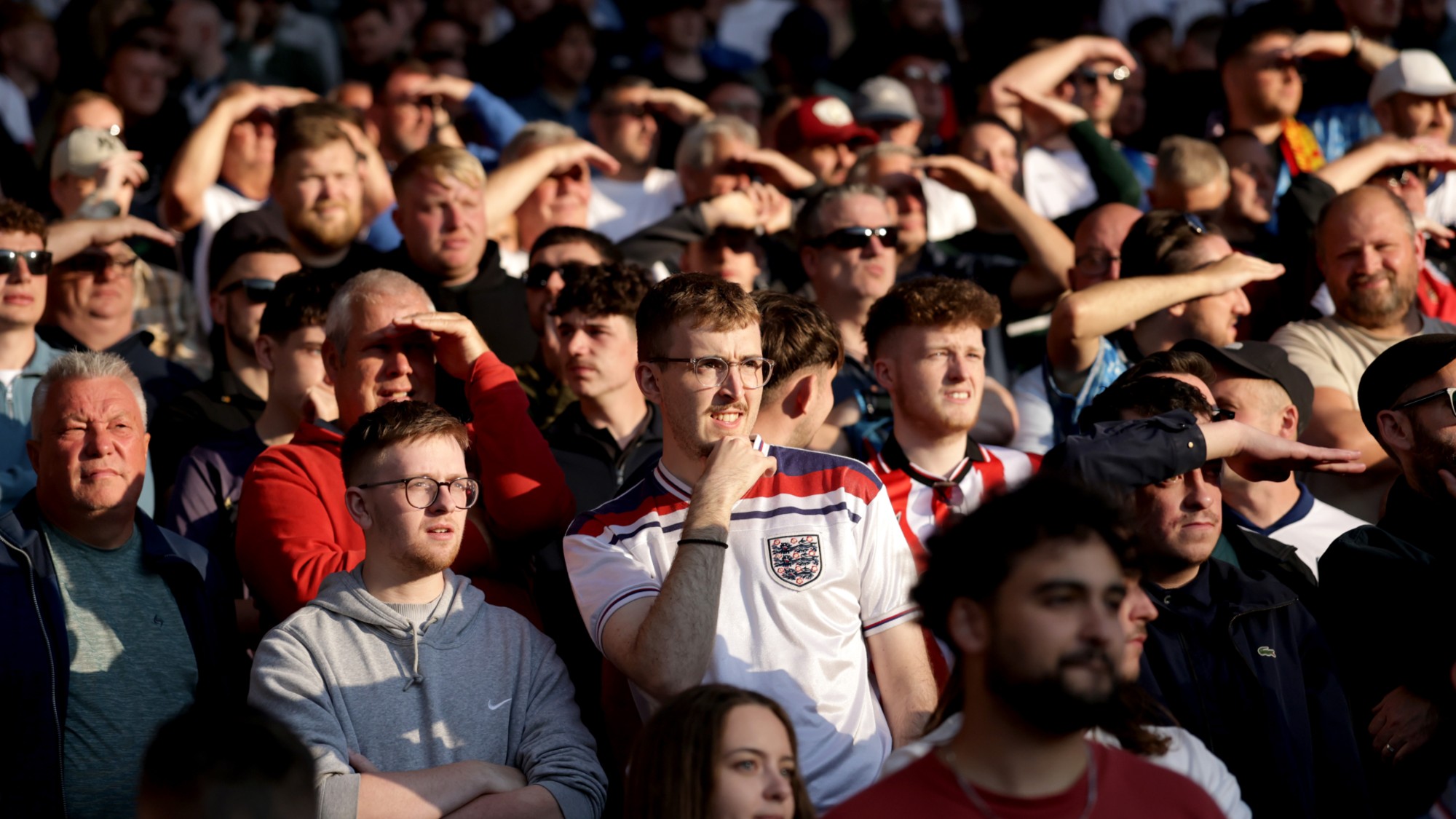 World Cup 2026: uncertainty reigns with one year to go
World Cup 2026: uncertainty reigns with one year to goIn the Spotlight US-hosted Fifa tournament has to navigate Trump's travel bans, logistical headaches and an exhausting expanded format
-
 China's football crisis: what's happened to Xi's XI?
China's football crisis: what's happened to Xi's XI?In The Spotlight String of defeats and finishing bottom of World Cup qualifying group comes a decade after Xi Jinping launched a football crusade
-
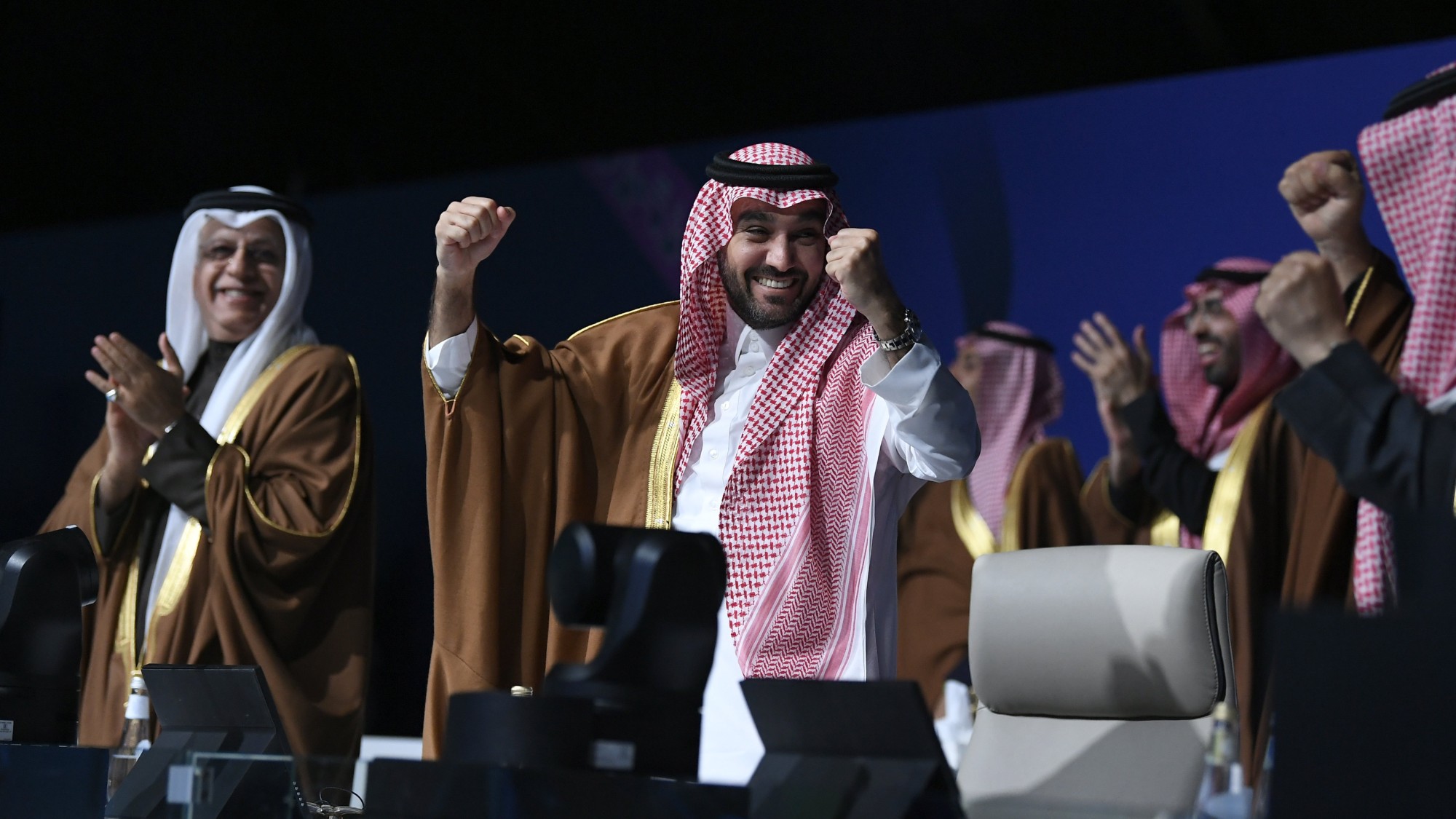 Saudi Arabia World Cup: have lessons been learned from Qatar?
Saudi Arabia World Cup: have lessons been learned from Qatar?Today's Big Question Human rights groups fear a repeat of issues at the 2022 tournament
-
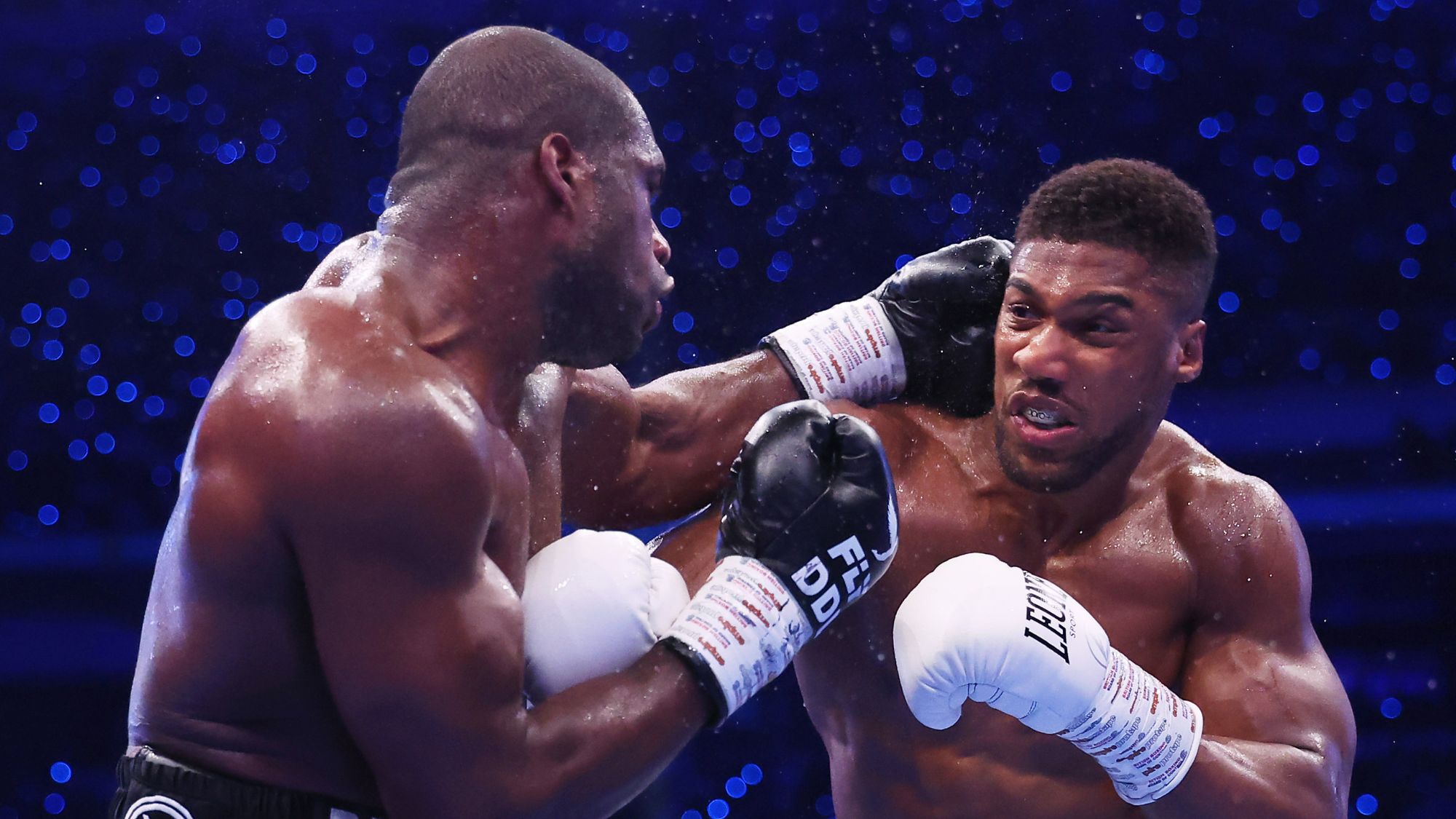 Is it time for Anthony Joshua to retire?
Is it time for Anthony Joshua to retire?After his latest brutal defeat, British boxing's 'poster boy' has a difficult choice to make
-
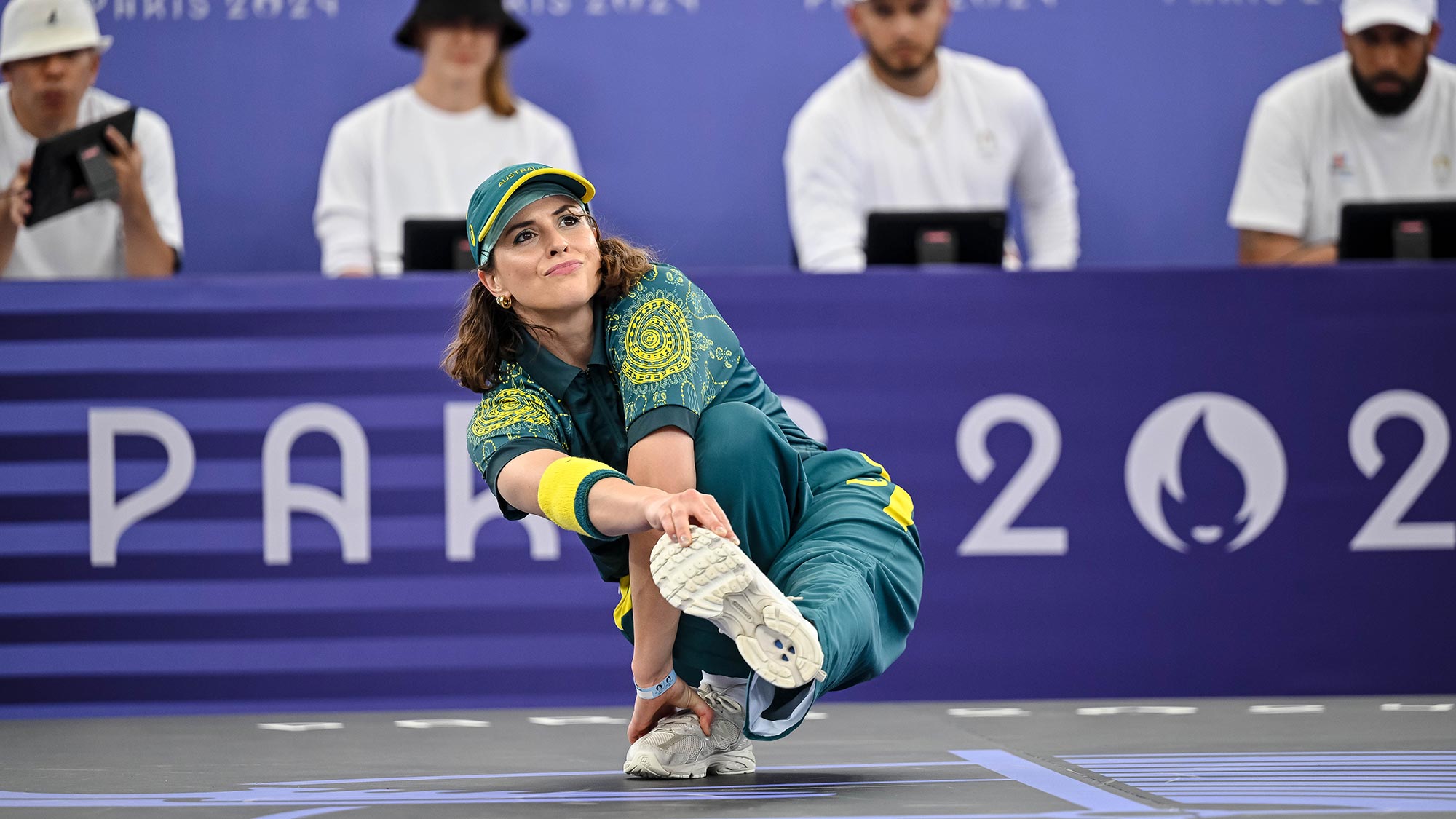 Raygun: heir to Eddie the Eagle?
Raygun: heir to Eddie the Eagle?Talking Point Australian Olympic breakdancer Rachael Gunn has become 'a worldwide meme'
-
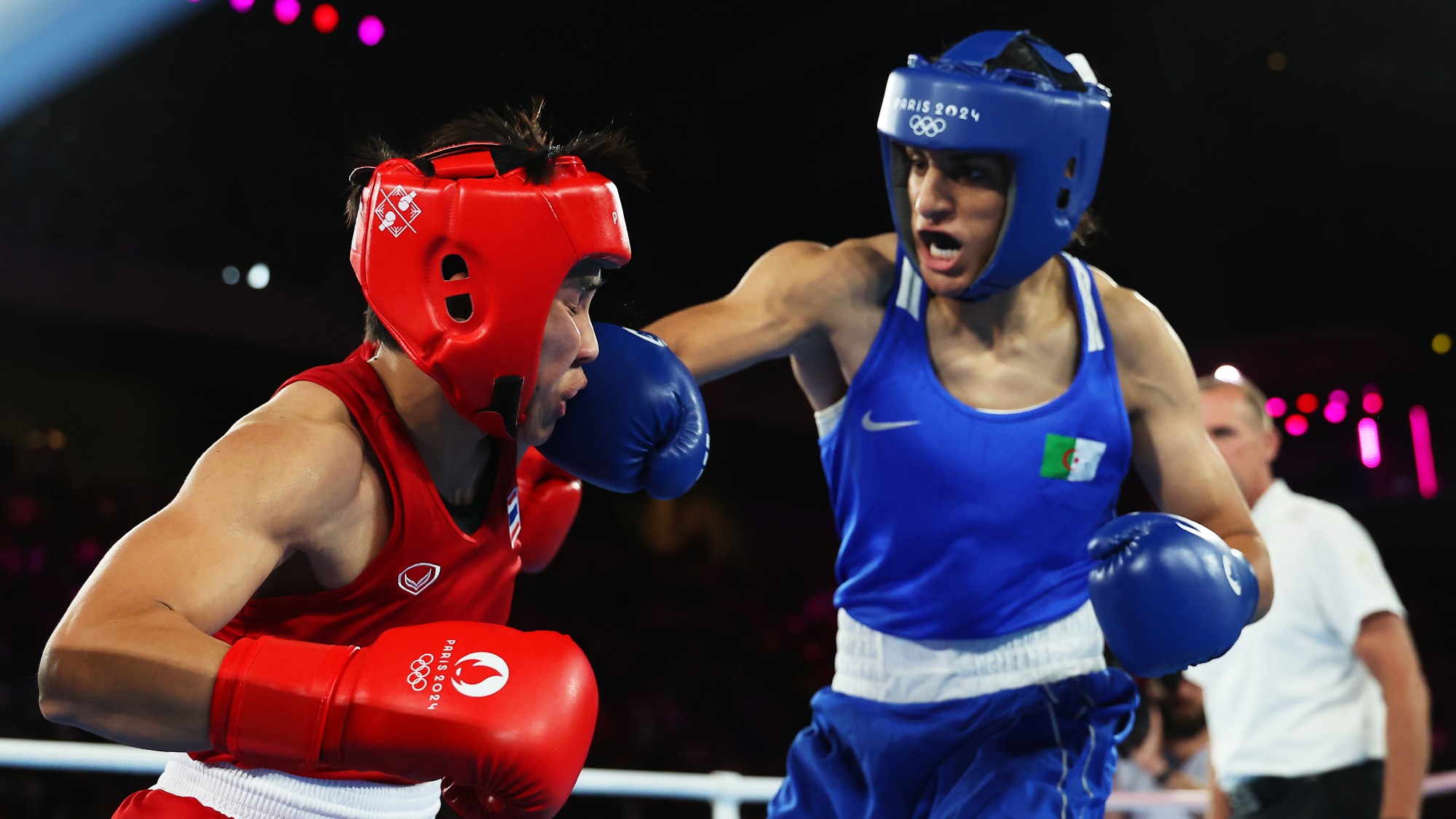 Boxing at the Olympics: the row over sexual differences
Boxing at the Olympics: the row over sexual differencesTalking Point Controversy over Imane Khelif and Lin Yu-ting shines a spotlight on the murky world of gender testing – and the IOC's inaction
-
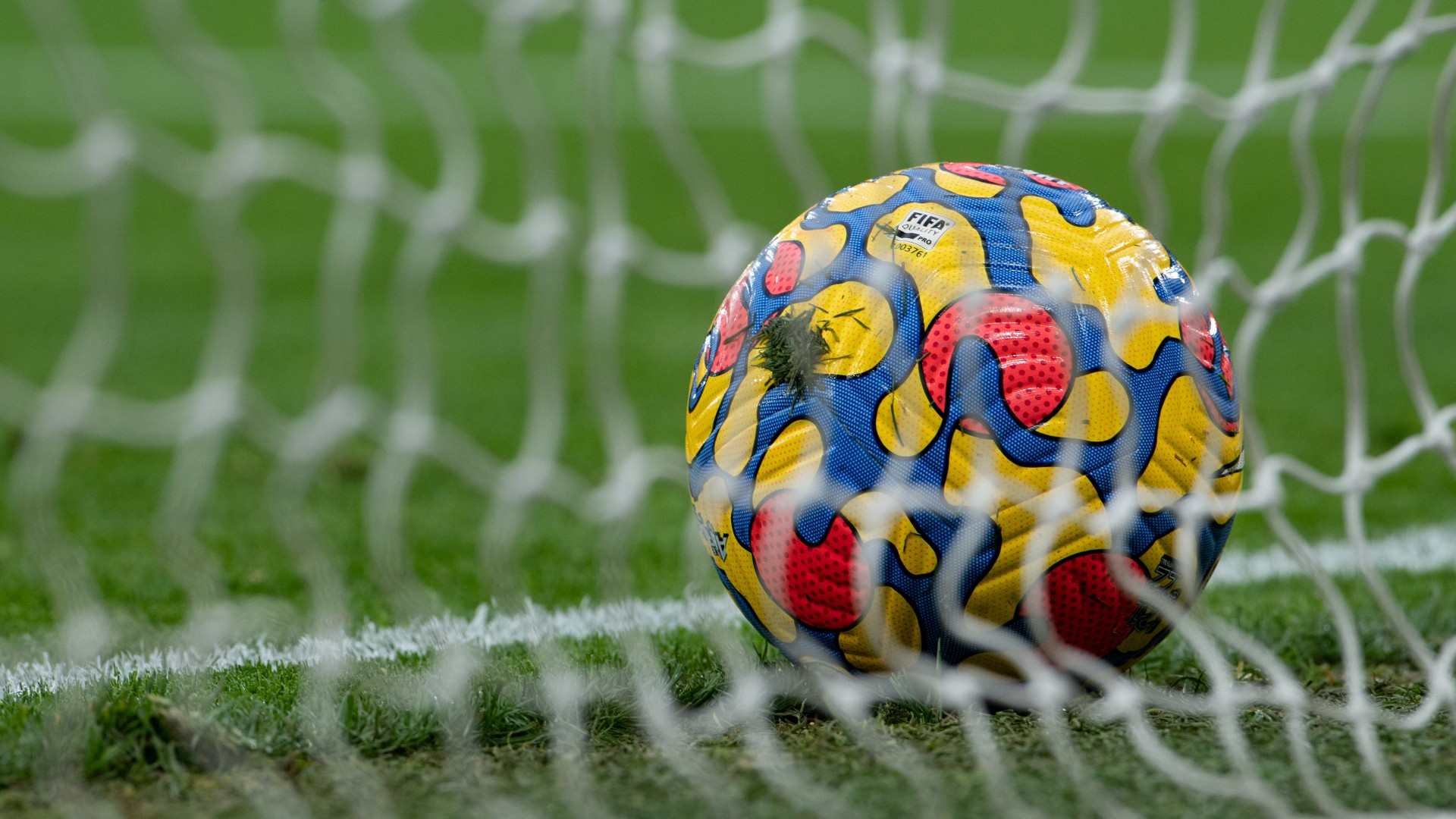 Is a new English football regulator an own goal for the game?
Is a new English football regulator an own goal for the game?Talking Point PM hails 'historic moment for football fans' but West Ham owner warns it could 'ruin' Premier League